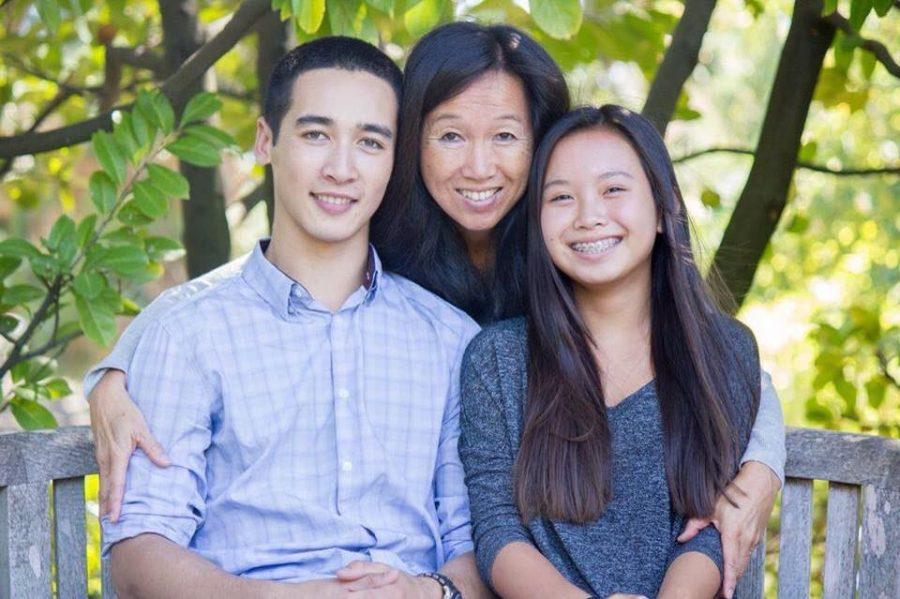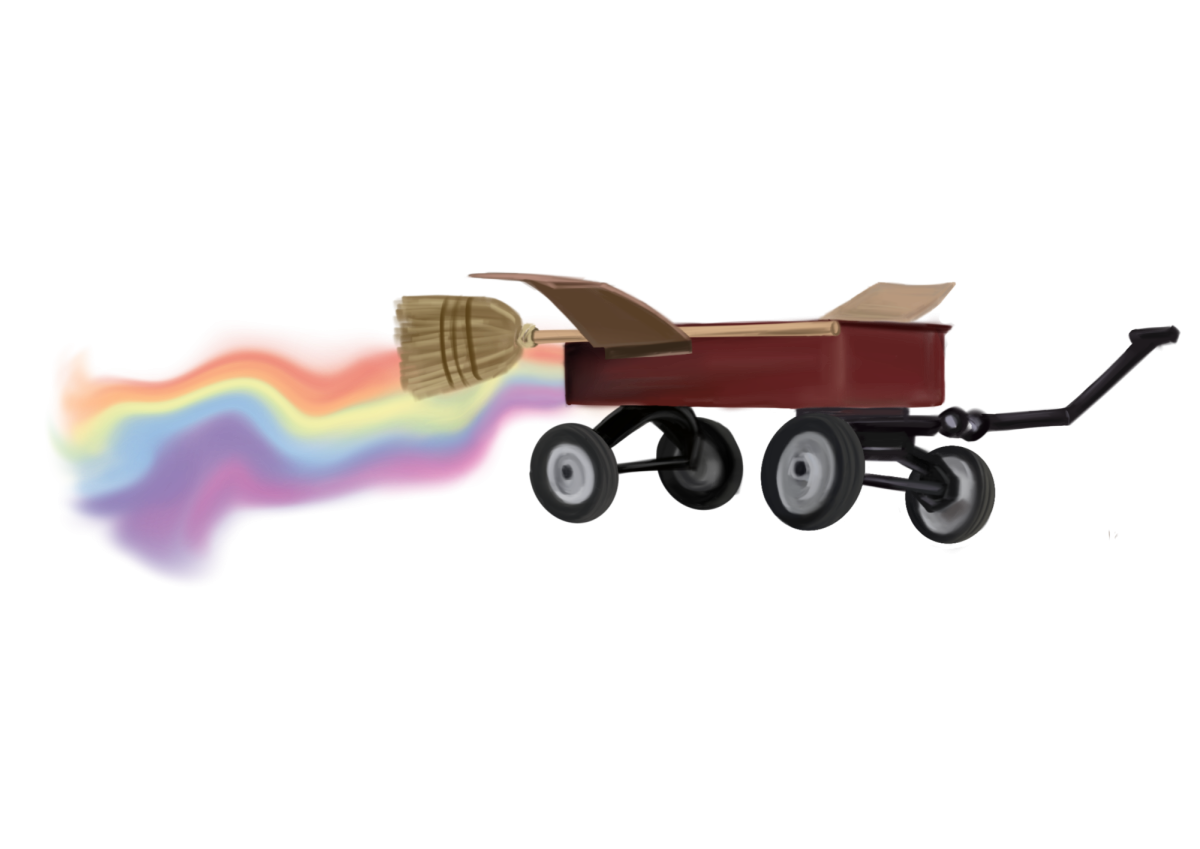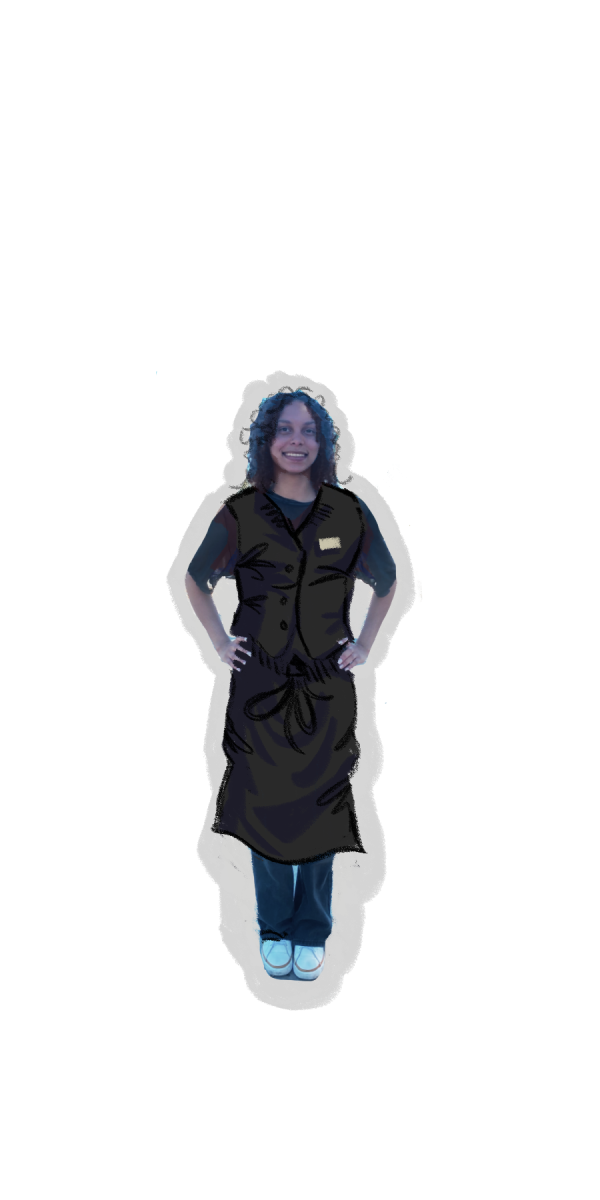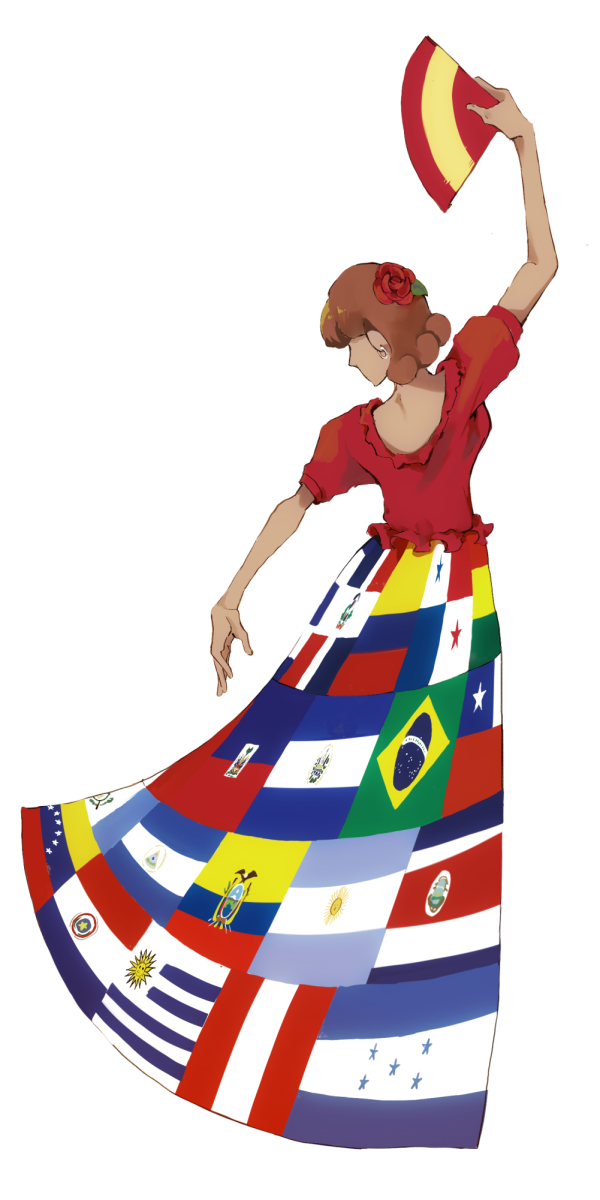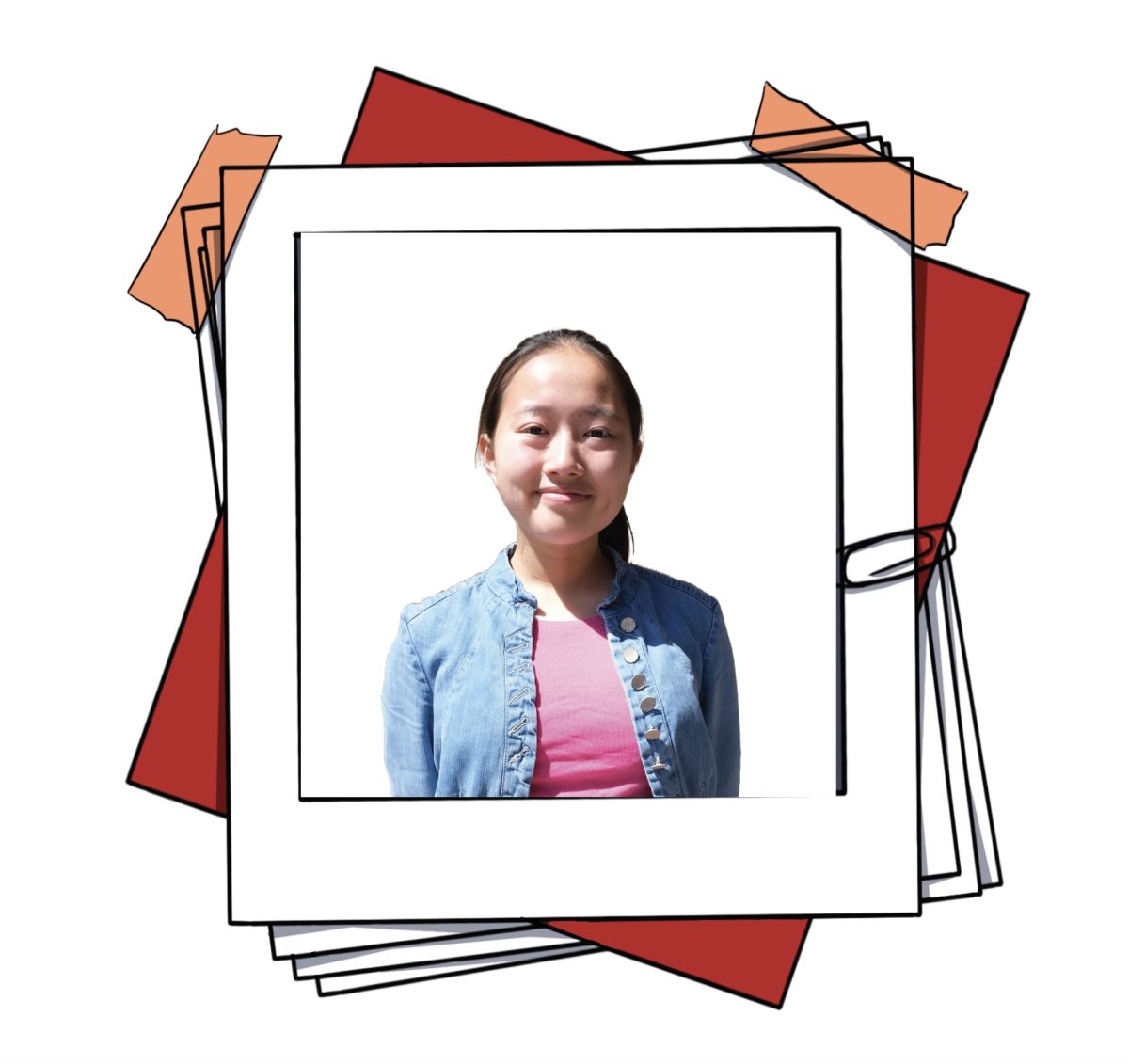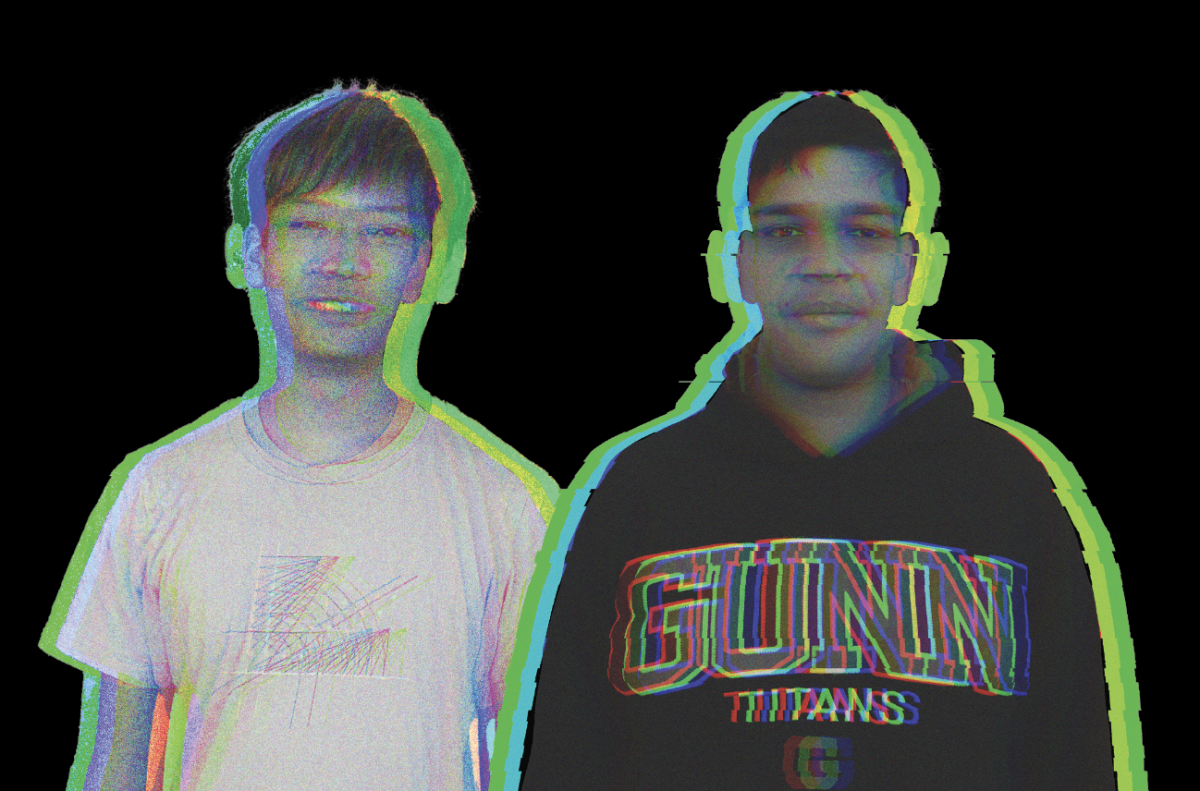Written by Kaya van der Horst
For junior Nikki Verhulp, the definition of family extends beyond blood-relations. Although she may strongly resemble her mom, Verhulp actually has no genetic connection with her—she was adopted from an orphanage in Dianbai, China when she was 11 months old. “I was left in a police station parking lot about two days after I was born,” she said. “They said they found me up against a curb in a box and took me to this nearby orphanage located in Dianbai.” Verhulp stayed in the orphanage for less than a year until she was adopted by her current family and moved to Palo Alto.
According to Verhulp, the adoption process was based on a lottery system in which babies were paired with a suitable family. “My mom said you had to be pretty lucky to be chosen,” she said. However, some babies were not as fortunate as Verhulp in being adopted. When Verhulp went back to visit the orphanage for the first time in seventh grade, she was surprised by the fate of others. “I met a girl who had been there from when I was a baby, but she never got adopted,” she said. “Seeing her there made me think about how different my life could’ve been.”
If Verhulp hadn’t been adopted by her current family, she believes life as she knows it would be very different. “I know I wouldn’t have the opportunity to go to school like I do here in Palo Alto, and I definitely know I would most likely grow up on a farm and do a lot of planting,” she said. In comparison to Palo Alto’s suburban setting in the tech-hub of the world, Dianbai is a rural county located in the Guangdong Province.
For the most part, Verhulp doesn’t view herself as different from the rest of her peers. However, there are certain scenarios in which she finds it hard to relate. In biology class, for example, Verhulp had difficulty connecting in a discussion during the genetics unit. “You can’t really say, ‘Oh, I can tell where you get your genes from’ to me because I don’t really know why I’m my height or why I have brown eyes,” she said. “I don’t know where I got my genes from and for all I know, I may not even be full Chinese.”
While most people take knowledge of their birthdays for granted, Verhulp also isn’t 100 percent sure of when she was born. As far as she knows, she was found May 24, 2000 without a note and was given a birth date of May 22. “The orphanage does a pretty good job of estimating the age, and guessed I was around two days old,” she explained. Verhulp was also given a Chinese name by the orphanage, “Lin Xi.” “All babies were named after the director of the orphanage, Director Lin,” she said.
Unanswered questions about Verhulp’s identity have kept her awake at odd hours in the past and have left lots of room for curiosity. However, having been raised in the United States for as long as she can remember, Verhulp primarily identifies as American. “There will always be a part of me that’s Chinese-American where I’m in between two, but I’m definitely more towards the American side just based on how I’ve grown up and what I’ve learned,” she said. While she never learned Chinese, Verhulp still keeps in touch with her Chinese heritage through celebrations of major holidays such as Chinese New Year. The most unique day her family celebrates, however, is her “Gotcha Day,” the day she was adopted. “We definitely appreciate that day and how 16 years ago, I joined the family,” she said.
And for the past 16 years, Verhulp has defied the common misconception that adopted children are “unwanted.” “I wish people would understand that just because I don’t live with my birth parents, [it doesn’t mean] my birth or adoptive parents love me any less,” she said. “I have two families instead of one.”


